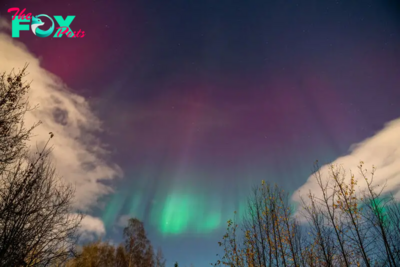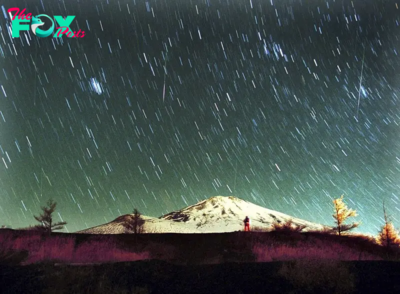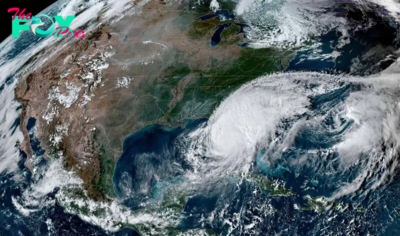Science
Aliens may be hitching rides on meteors to colonize the cosmos, study suggests. Here's how we could spot them.
If life is capable of spreading from planet to planet — a concept known as "panspermia" — then we might be able to detect it, even if we don't know what we're looking for, new research suggests.
Astronomers are on the hunt for life beyond Earth. While there are several promising locations within the solar system, the sheer abundance of exoplanets means that we are most likely to find life on a planet orbiting another star. There are more than 5,000 confirmed exoplanets to date, according to NASA — and that number is always rising.
But these searches for extraterrestrial life currently face one major roadblock: we don't know exactly what we're looking for. We only know of one kind of planet that is definitely capable of hosting life, and we only know of one kind of life — that is, Earth, and the carbon-based life that is found here. But life may, say astronomers, take an astonishing number of forms throughout the galaxy. While we might get extremely lucky and find an exact replica of Earth with the exact same kind of life, we are more likely to face fuzzy, unclear, nuanced situations that will take many years to unravel.
A pair of astronomers recently proposed an alternative to this approach, focusing less on what life would look like and more on what life would do. Specifically, they propose a detection strategy based on the concept of panspermia, the idea that life can start on one planet and spread to others by hitching rides on meteorites.
Related: What's the best evidence we've found for alien life?
While panspermia lies outside the mainstream of scientific research, it's not outright pseudo-Science either. Martian meteorites have been found on Earth, and scientists are routinely surprised by the hardiness of living creatures and the extreme environments that they can survive in.
One of the key characteristics of any kind of life is its ability to change a planet's natural balance. On Earth, for example, we have far more oxygen in our atmosphere than we would were life not present, and distant observers would notice much more green on our landmasses than there would be otherwise.
-

 Science1d ago
Science1d agoWhy This Alaskan Town Will Experience 64 Days of Darkness
-

 Science2d ago
Science2d agoHow to See the ‘Beaver’ Supermoon—the last of 2024
-

 Science1w ago
Science1w agoInside Capitol Hill’s Latest UFO Hearings
-

 Science1w ago
Science1w agoYou Won’t Want to Miss the Leonid Meteor Shower. Here’s How and When You Can See It
-

 Science1w ago
Science1w agoHere’s What Trump’s Win Means for NASA
-

 Science1w ago
Science1w agoWhy Risky Wildfire Zones Have Been Increasing Around the World
-

 Science1w ago
Science1w agoIt’s Time to Redefine What a Megafire Is in the Climate Change Era
-

 Science1w ago
Science1w ago4 Astronauts Return to Earth After Being Delayed by Boeing’s Capsule Trouble and Hurricane Milton



























